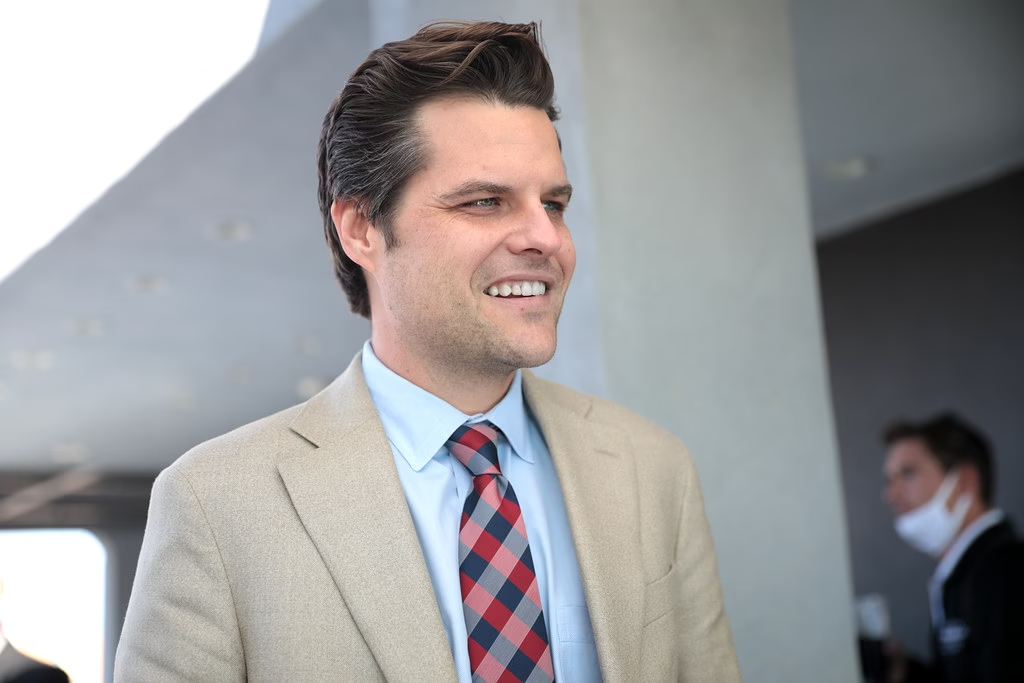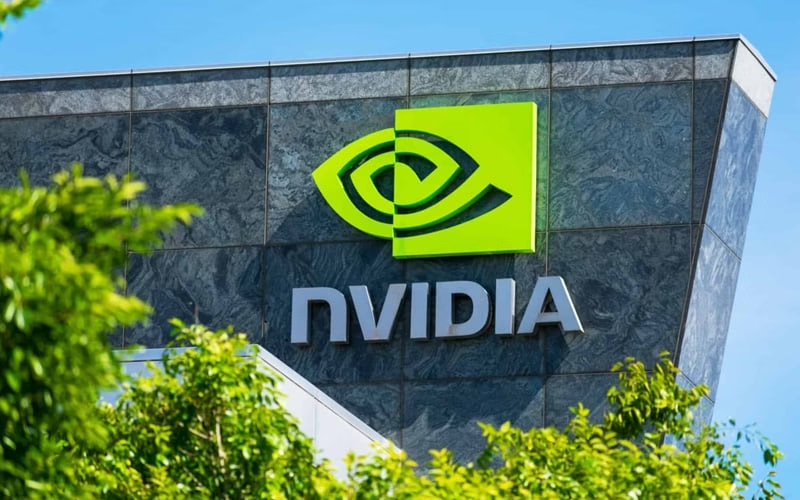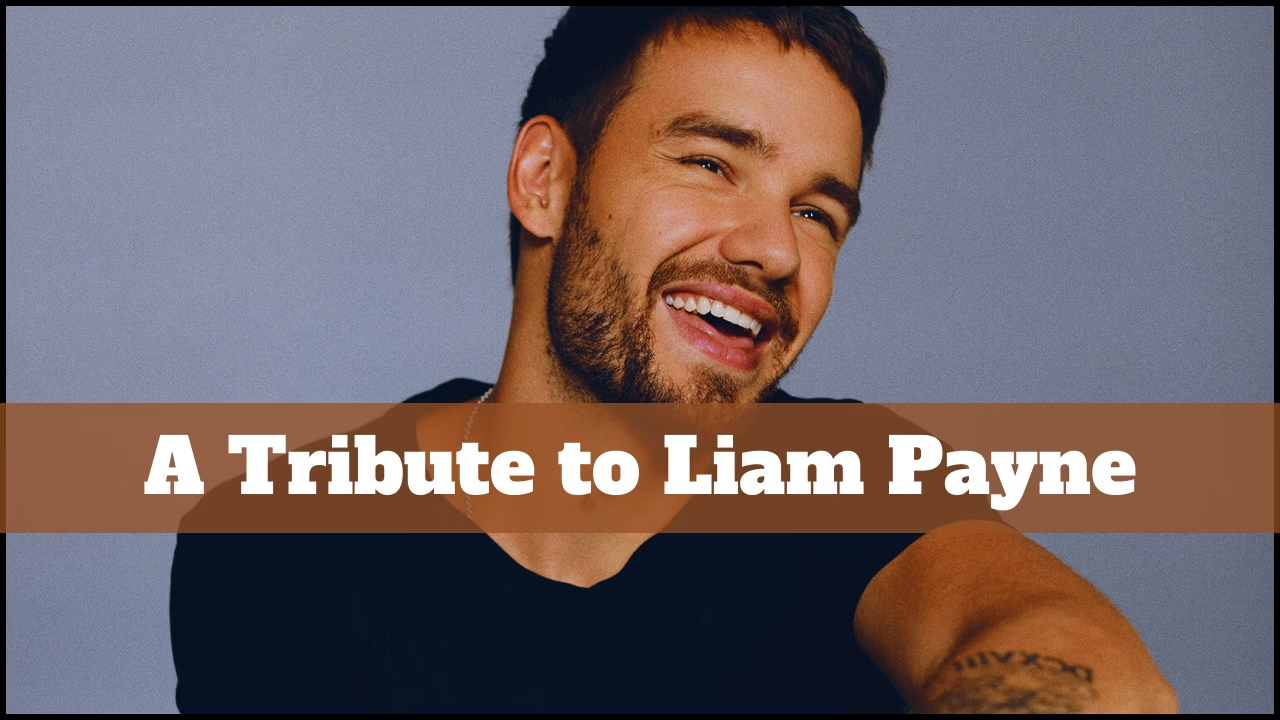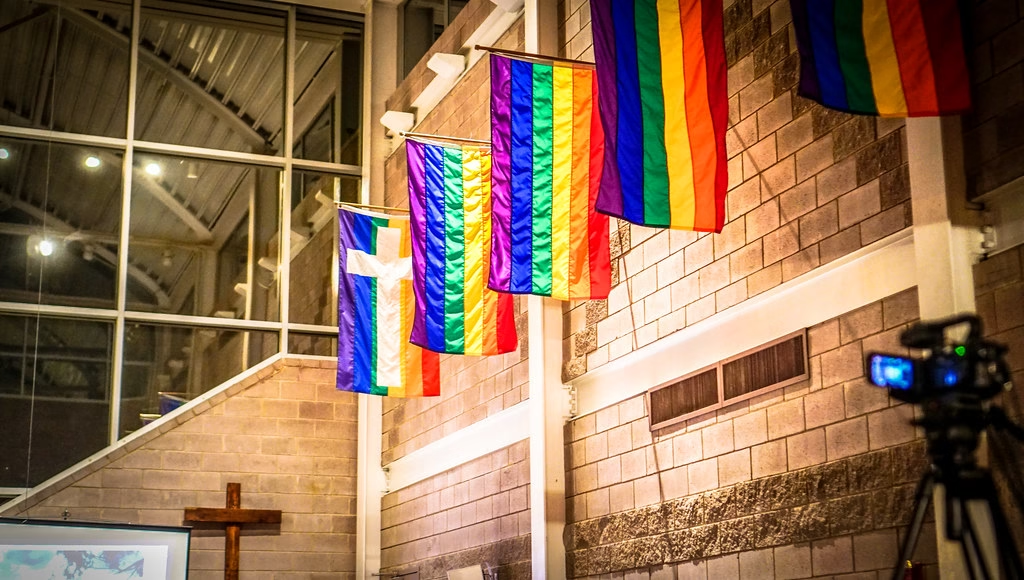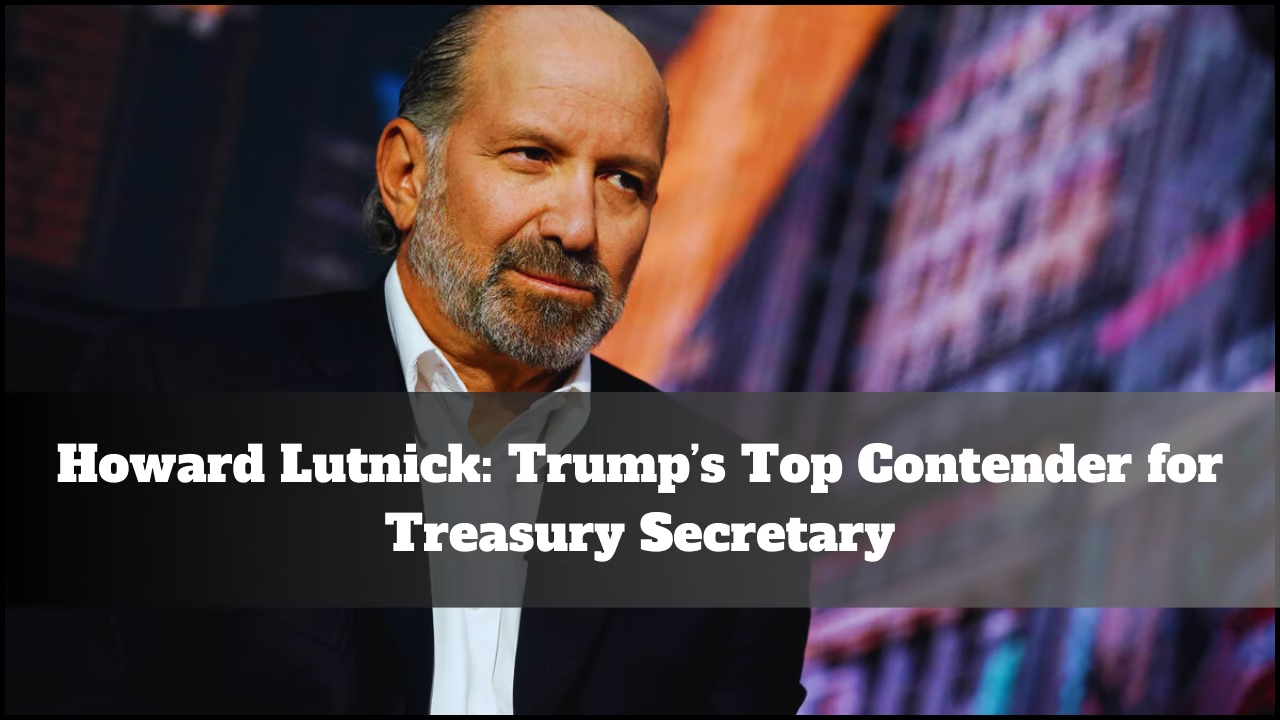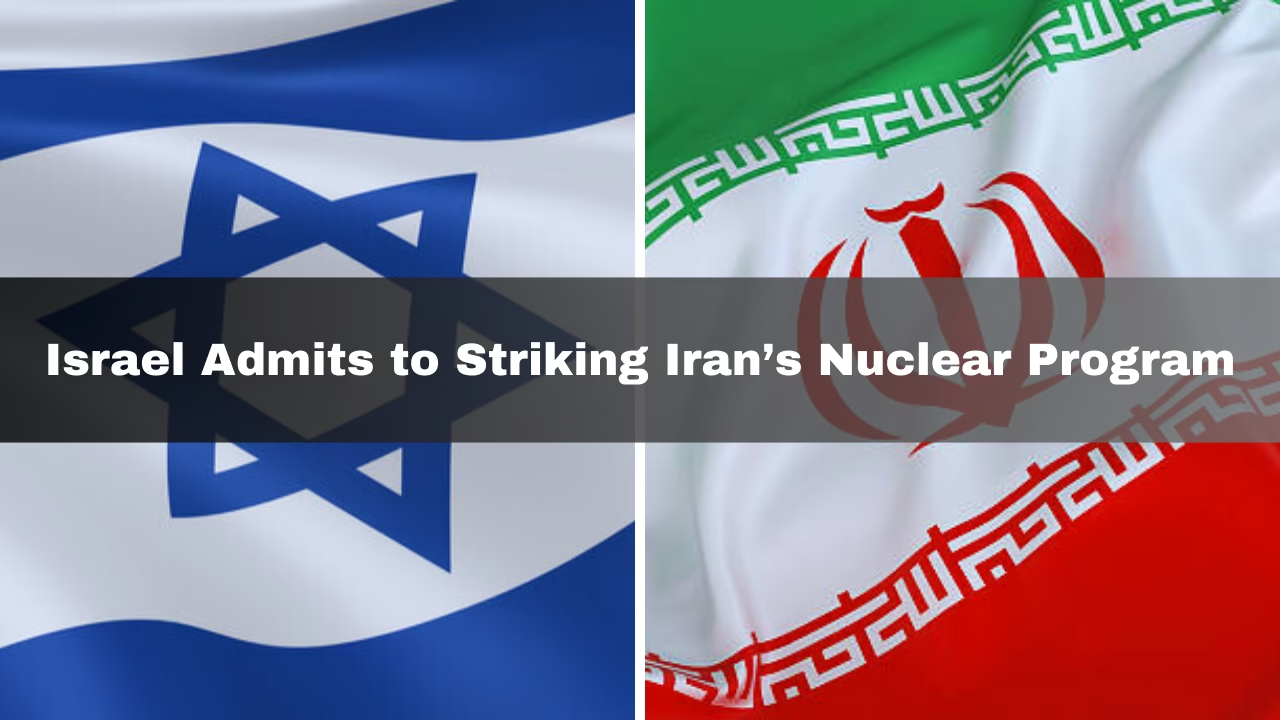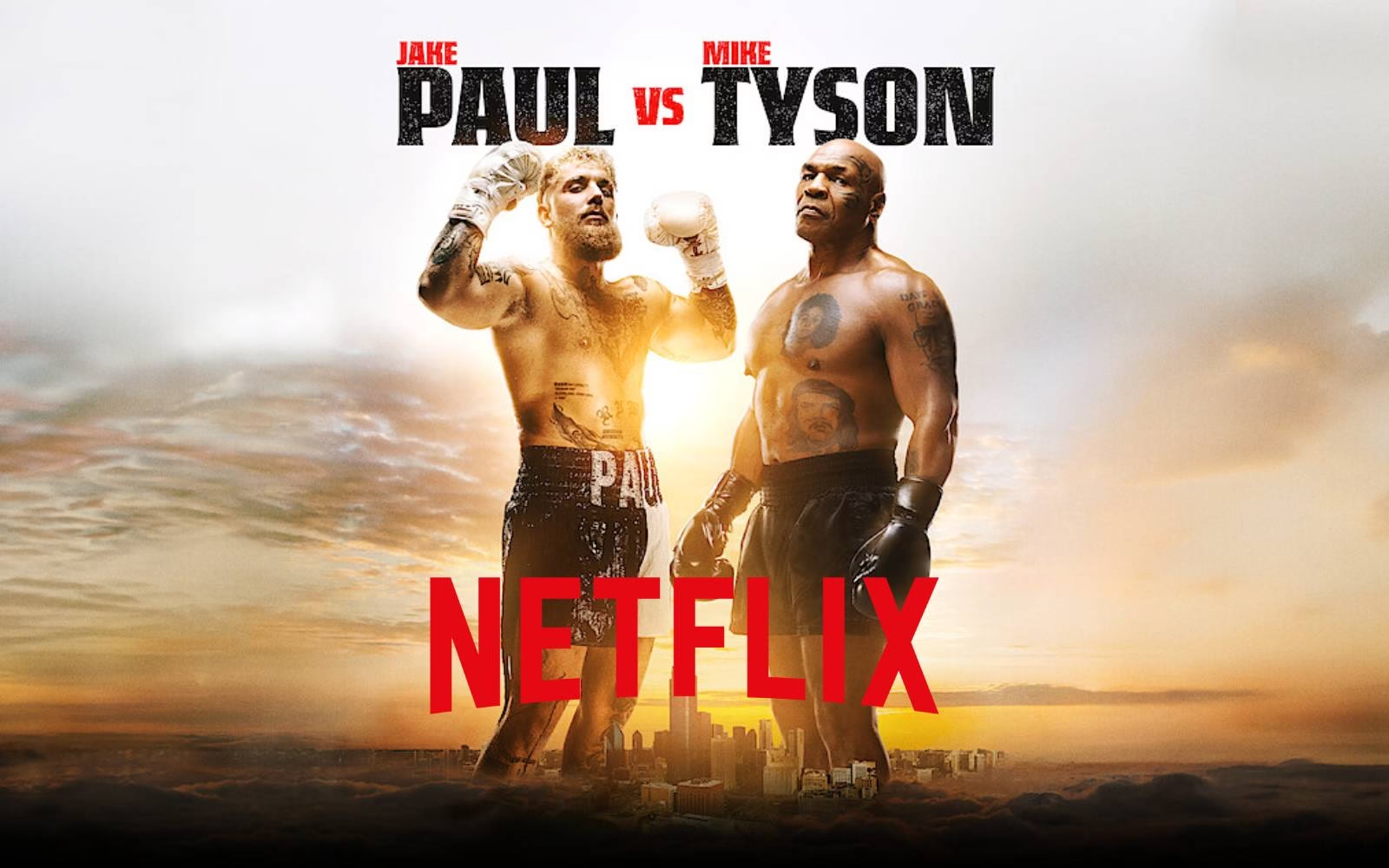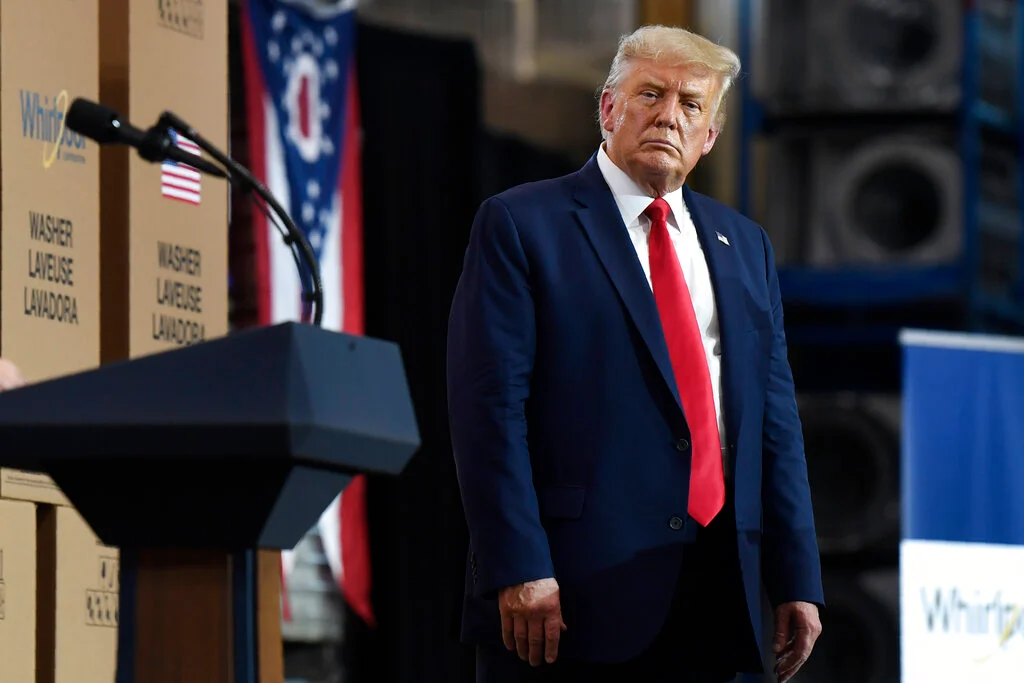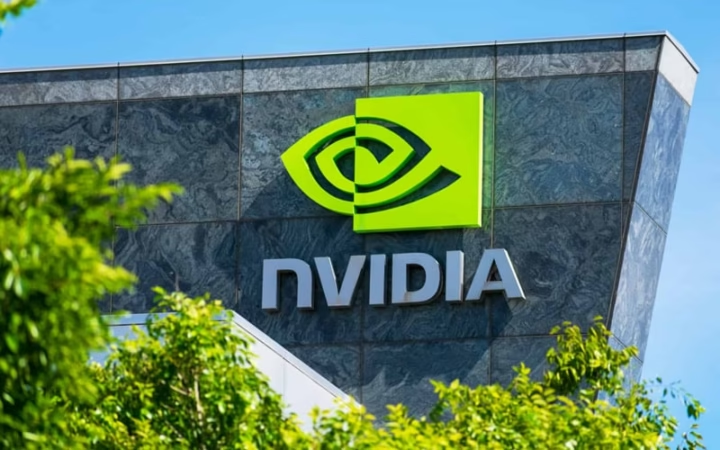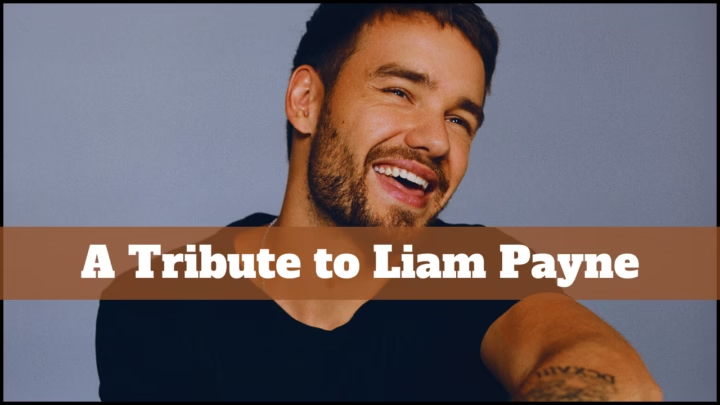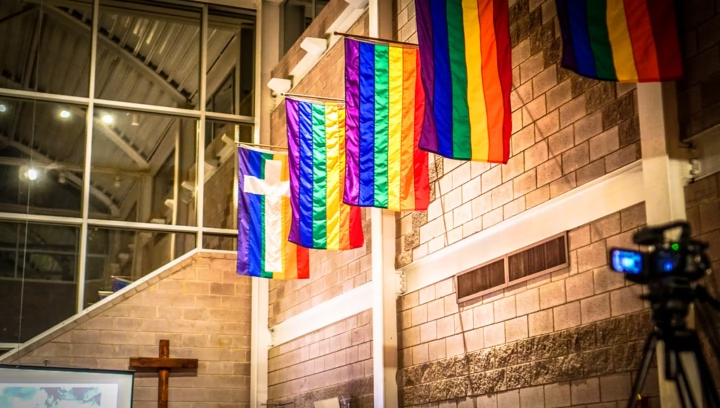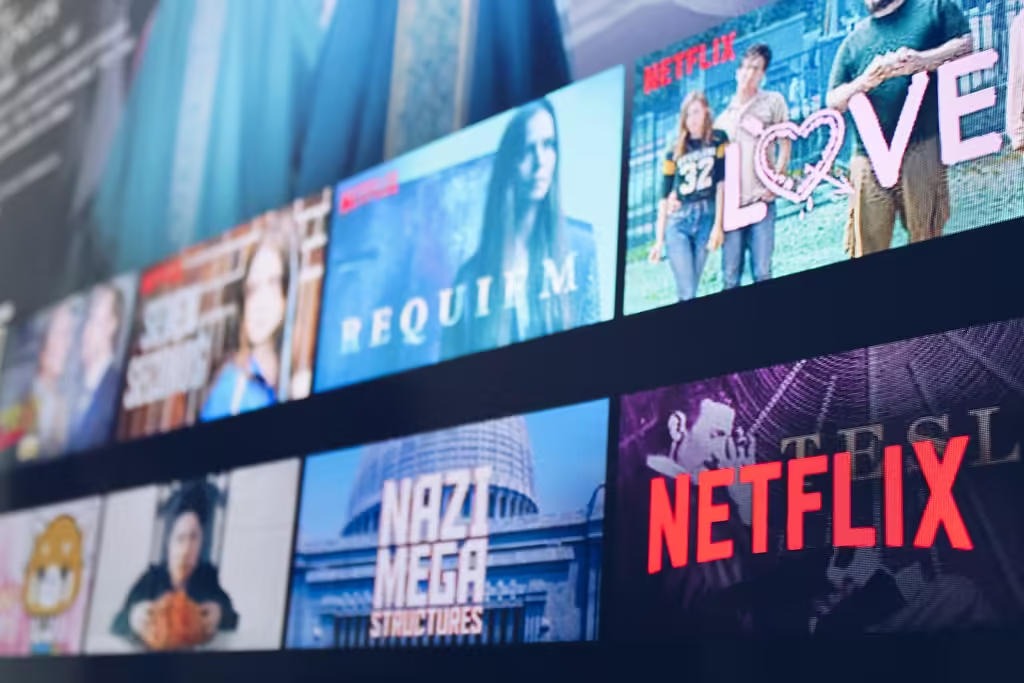Marvel vs DC: An In-Depth Look at the Rivalry That Defined Superheroes

- Death of the Largest Captive Crocodile in the World
- Supply Chain Issues and Inflation: A Comprehensive Overview
- Climate Change Impacts in the United States
- 2025 IRS Tax Brackets Inflation Adjustments
- October 16: Historic Events and Global Observances on
Marvel vs DC: An In-Depth Look at the Rivalry That Defined Superheroes
Two of the most well-known and significant brands in the entertainment sector are Marvel and DC Comics. For many years, their worlds, tales, and characters have influenced popular culture, inspiring a great number of admirers and leaving a lasting impression.
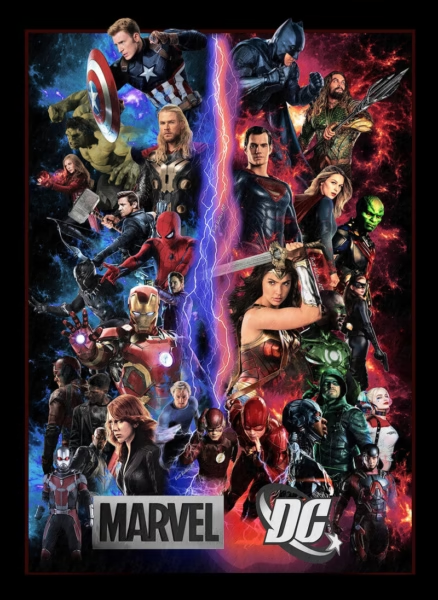
The rivalry between Marvel and DC is about different methods to narrative, interesting characters, and cultural effect, not merely who has the finest villains or the strongest heroes. These two titans have enthralled generations with their distinct styles and ground-breaking stories, from comic book pages to popular movies.
The Origins of History
DC’s History: A Mythical Basis
The older of the two companies, DC Comics was first established in 1934 as National Allied Publications. The template for all subsequent superheroes was established in 1938 with the debut of Superman in Action Comics. Wonder Woman, Batman, and Superman quickly rose to prominence as the “trinity” of the DC Universe, each of whom embodied unique moral principles and stood for virtues like justice, strength, and hope. DC laid the foundation for contemporary superhero fiction during this time, which is referred to as the “Golden Age of Comics.”

Early DC heroes were frequently portrayed as divine beings who stood for justice in a world growing more complicated by the day. Batman, who debuted in Detective Comics, provided a more somber alternative to Superman by depending more on intelligence, physical strength, and a sense of justice than on superpowers. The first significant female superhero, Wonder Woman, represented resiliency and strength while also mirroring social changes throughout the conflict.
Marvel’s Rise: Superheroes Dealing with Practical Issues.
Originally called Timely Publications, Marvel Comics debuted in 1939 with the publication of Marvel Comics, which included Namor the Sub-Mariner and the Human Torch. Marvel heroes typically have personal issues and vulnerabilities, in contrast to DC’s legendary and legendary heroes. Under the direction of Steve Ditko, Jack Kirby, and Stan Lee, Marvel adopted a more realistic strategy in the 1960s, introducing characters like the Fantastic Four, Spider-Man, and the X-Men.

Peter Parker, the adolescent Spider-Man, faced commonplace problems including romance, bullying, and adult responsibilities. Readers found Marvel characters more approachable as a result of this strategy, viewing them as both heroes and individuals with everyday issues. Fans now refer to this invention as the “Marvel Method,” a storytelling approach that emphasizes moral depth and character-driven plots.
Different Themes and Styles.
DC: The Symbolic and Mythical.
Large-scale figures that perform functions akin to those of contemporary gods have long been the emphasis of DC Comics. Wonder Woman stands for compassion and truth, Batman for justice, and Superman for supreme moral authority. DC’s heroes are portrayed in epic, ageless, and symbolic narratives, and they frequently confront existential dangers. Classic tales like Frank Miller’s *The Dark Knight Returns* and Mark Waid and Alex Ross’s *Kingdom Come* examine these iconic heroes in situations that push their moral and ethical limits.
Marvel: relatability and realism.
Marvel, on the other hand, frequently places its characters in authentic locales, such as New York City, resulting in a world that seems recognizable and genuine. The X-Men address issues of discrimination and acceptance that reflect actual societal dynamics, and Spider-Man’s struggles as Peter Parker are just as significant as his conflicts with villains. Because Marvel characters are frequently flawed, relatable, and real, readers may relate to them on a personal level. Themes of accountability, strife, and the fallout from power are explored in classic Marvel tales such as The Infinity Gauntlet, Civil War, and Days of Future Past.
The Rivalry in Cinema
The Early Lead of DC in Film
DC was the first to significantly introduce superheroes to the big screen. Starring Christopher Reeve, the 1978 Superman picture established the benchmark for superhero movies and is now regarded as a masterpiece. Tim Burton’s Batman, which featured a more nuanced and gloomy superhero story, became a global hit in 1989. Even while DC was successful with these recognizable characters, subsequent movies had trouble keeping up the same tempo and coherence.
The Cinematic Universe of Marvel
With the release of the Marvel Cinematic Universe (MCU) in 2008, starting with “Iron Man”, Marvel Studios transformed the superhero genre. Each movie added to a bigger, cohesive plot, making Marvel’s linked world a ground-breaking cinematic accomplishment. The Avengers (2012) distinguished the MCU from previous examples by demonstrating that viewers were prepared to follow a multi-film narrative arc. This strategy paid off in Avengers: Endgame (2019), which, with its satisfying denouement to more than ten years of narrative, became one of the highest-grossing movies ever made.
With more than $29 billion in box office receipts, the MCU has achieved unparalleled commercial success. Although DC has lately found success with more focused, standalone films like Wonder Woman and Joker, Marvel has been able to dominate the superhero movie genre by striking a balance between individual character development and overarching themes.
The Small Screen Battle
The TV Universe of DC
With the Arrowverse on The CW, which started with Arrow in 2012 and grew to encompass “The Flash”, “Supergirl”, “Legends of Tomorrow”, and more, DC has made a significant television presence. With crossover events like “Crisis on Infinite Earths” delighting audiences by bringing characters from different DC programs together, these shows established a devoted fan following.
DC has also received great praise for their animated series. Generations of fans and creators have been impacted by the nuanced narrative of “Batman: The Animated Series” and “Justice League Unlimited”.
Marvel’s success with TV and streaming
With more somber, grounded shows like Daredevil and Jessica Jones on Netflix, Marvel first ventured into television. These shows were well-received for their gritty tone and nuanced characters. But since Disney+ launched, Marvel has moved to shows like Wanda Vision, The Falcon and the Winter Soldier, Loki, and Hawkeye that are directly related to the MCU. Fans who are interested in the MCU’s overall plot should not miss these episodes since they not only develop character arcs but also establish fresh plotlines for future motion pictures.
Legacy & Cultural Impact
Both Marvel and DC have had a lasting impression on popular culture throughout the world. In addition to appearing in comic books, television shows, and motion pictures, their characters are also praised in video games, theme parks, and merchandising. Massive audiences attend events like San Diego Comic-Con, proving the strength and sway of both brands.
DC heroes, such as Batman and Superman, have gained international recognition as timeless representations of justice and bravery. The tenacity and humanity of Marvel’s characters, including Spider-Man and Captain America, have motivated viewers. By working together, Marvel and DC have transformed the superhero from a simple source of amusement to a cultural symbol that has an impact on everything from music and fashion to politics.
Awards and Successes
For their efforts, Marvel vs DC have won important accolades and received critical praise. Marvel’s Black Panther, which won three Oscars for its production design, music, and costumes, was the first superhero movie to receive a Best Picture nomination. With Heath Ledger’s posthumous Oscar triumph for his famous depiction of the Joker, DC’s The Dark Knight is still one of the most acclaimed superhero movies.

Both Marvel and DC have received several Eisner Awards, the industry’s top accolade, in the comic book business. Their plots—such as Marvel’s Civil War and DC’s Watchmen—have challenged the conventions of the genre by tackling universally relatable themes of justice, morality, and freedom.
Fan Competition and Social Media’s Influence.
Particularly on social media, the “Marvel vs. DC” argument is intense and even contentious. Fans sometimes quarrel about which studio produces the best films, plots, and heroes. Fans can debate forthcoming releases, evaluate films, and analyze trailers on social media sites like YouTube, Reddit, and Twitter. With each new release, the competition becomes a cultural event sustained by memes, fan art, and discussions.
Marvel vs DC’s Future.
The expansion of their film and streaming universes is a priority for both Marvel and DC. Fans are eagerly awaiting Marvel’s next projects, which include Blade, Fantastic Four, and Deadpool 3. The future of the MCU will continue to be shaped by the introduction of new characters and storylines, such as the multiverse plot in Doctor Strange in the Multiverse of Madness.
With a more cohesive strategy, DC, which has been reorganized under James Gunn and Peter Safran, is about to enter a new chapter. A new path for DC’s cinematic world is promised by projects like Superman: Legacy and The Brave and the Bold, as well as plans for related movies and television shows. Fans are excited to see how these changes will affect DC’s narrative in the future.
Final Thought about Marvel vs DC
From a rivalry between comic book companies, the Marvel vs DC rivalry has grown into a worldwide cultural phenomenon. Marvel’s cinematic world has dominated recent years, but DC’s enduring characters and inventive narrative have allowed it to compete. Both businesses have provided us with intricate stories that tackle real-world problems and heroes to aspire to. There’s no doubting that this competition has expanded the possibilities of superhero fiction, regardless of whether you’re a fan of Marvel or DC. Additionally, fans will have an endless supply of memorable characters, motivational tales, and epic conflicts to savor for years to come as Marvel and DC continue to develop.



